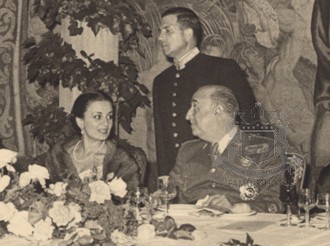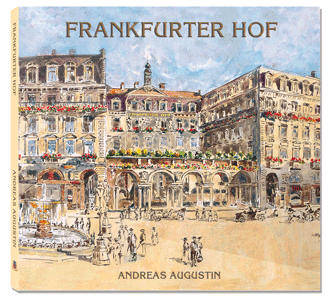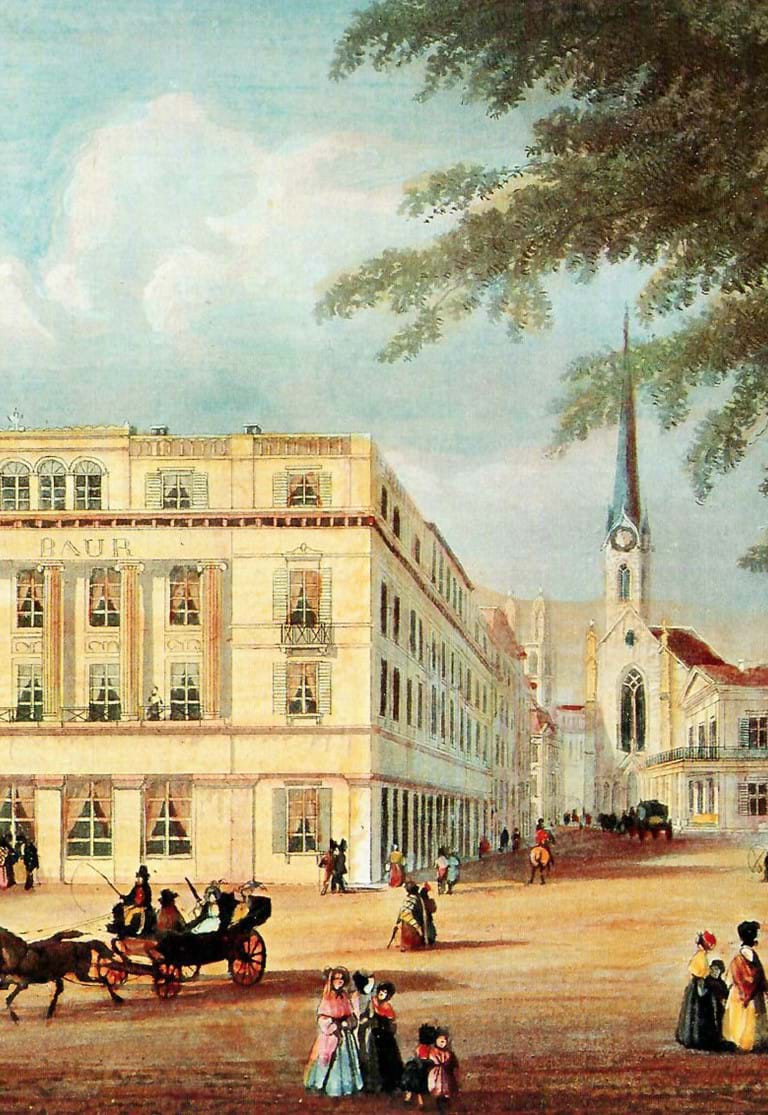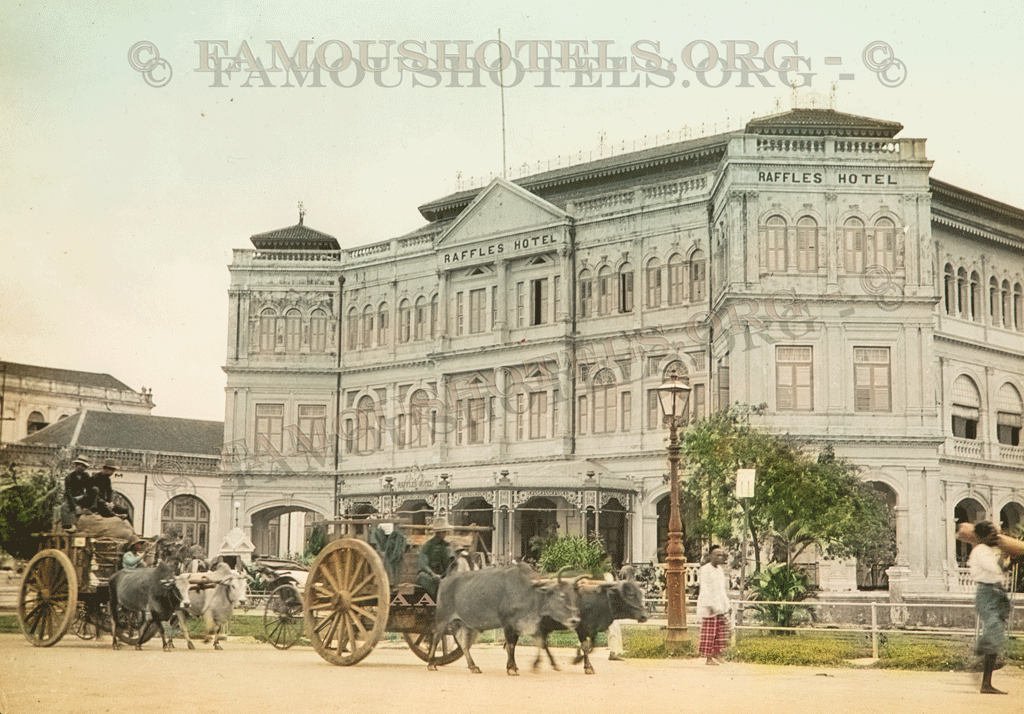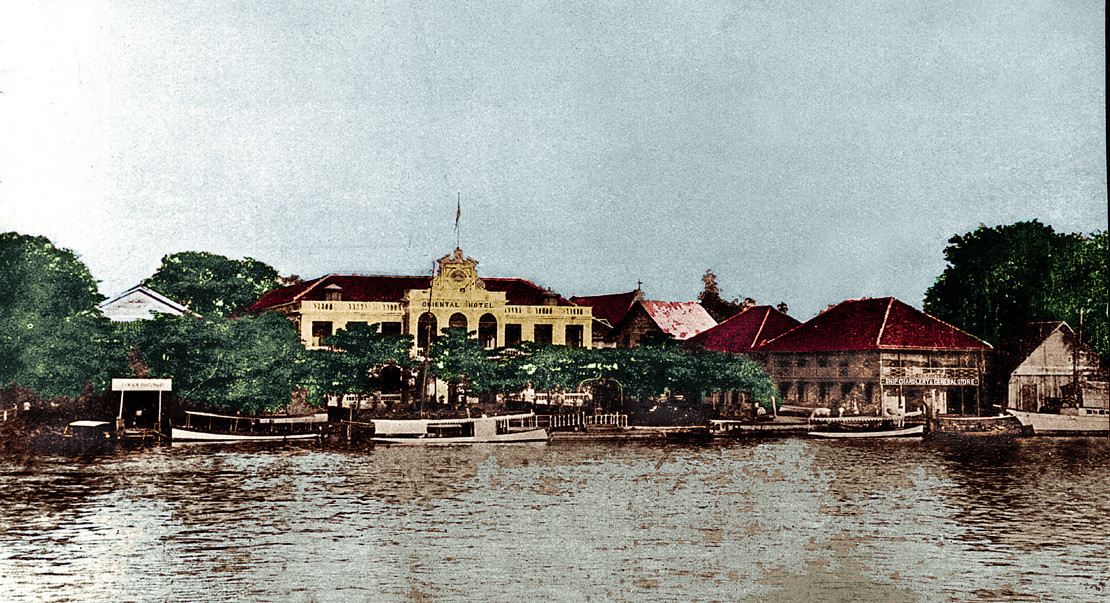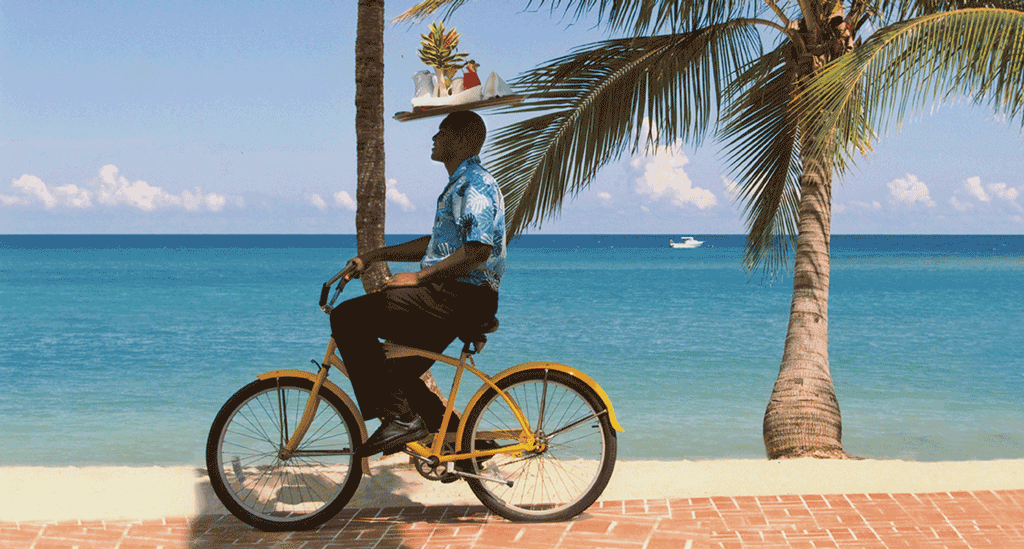Evita Peron in Madrid / Europe
( words)
In 1947, the Rtiz in Madrid welcomed one of its most glamourous and controversal guests: the first lady of Argentina, Evita Peron.
Peron’s Douglas DC-4 jet had been totally refitted for her journey with bedrooms, with vanity tables and green velvet curtains, a dining salon with tables and chairs.
41 fighter jets escorted the plane to Madrid, where official Spain awaited her. At the Ritz an elaborate banquet was held in her honor.
From: Evita, The Woman With The Whip,
Biography by Mary Main, London 1979; p 109ff-116
... and in April 1947 , ... she had accepted Franco’s invitation to Spain.
The complex preparations for her trip, which was scheduled for June – winter in Buenos Aires and summer in Madrid – aroused a storm of protest from the opposition...
Eva retorted that her expenses would be paid from her own purse, and gave up the idea of crossing the Atlantic in a naval vessel. Even with this reduction in expense and the fact that Spain alone spent from two to four million dollars on her visit it seems unlikely that her salary had been, could have been sufficient to pay for more than the wardrobe she took with her on the trip.
Her departure was extravagant and emotional – a hundred and fifty thousand people had gathered at the airport to see her off ...
She travelled with as costly a wardrobe as the bride princess of an Indian state, with jewellery that Cleopatra would not have scorned and with three or four exquisite costumes for each day of her two month’s trip.
The plane she travelled in was a Douglas DC-4 belonging to the Spanish Iberian Airways; it had been totally refitted for he journey with bedrooms for herself and the lady who accompanied her, with beds, vanity tables and green velvet curtains, a dining salon with tables and chairs. Escorting the plane as far as the island of Fernando de Noronha were two military planes.
With Eva went Senora Largomarsino de Guardo, wife of the president of the Chamber of Deputies; Juancito Duarte, Eva’s brother; Alberto Dodero, a shipping tycoon who, much to his own financial advantage, had cultivated a close friendship with the Perons; a couple of aides and a secretary. Father Benitez, her Jesuit confessor, had gone ahead to prepare for her reception in Paris and Rome; her own doctor, maids, hairdresser and dressmaker had all travelled ahead.
Meanwhile most extravagant preparations for her reception were going ahead in Madrid – it should be remembered that Spain was much in need of Argentine wheat. The exact moment of her arrival on Spanish soil was recorded; it was on Spanish African soil when the plane made a stop at Villa Cisneros. An escort of forty- one fighting planes were sent out to welcome her, guns boomed an official salute, the Madrilenian newspaper Arriba devoted its front page to her fulsome praise; indeed, in one issue they devoted three and a half pages out of eight to the record of her every movement and peans in her praise, while the touchy question of the Gerneralissimo’s succession was almost banished from the news.
At the airport a crowd of some two hundred thousand waited to welcome her; Franco himself and Dona Carmen, his thin elegant wife , were there and a crowd of nobility,....
The programme arranged for her in Madrid did not leave her any time for grievances; it must, indeed, in its ostentation, have satisfied fort the time even her insatiable appetite for show, and must have worn poor Dona Carmen, who had to go with her everywhere, to the bone; there were very few who could compete with Eva’s driven energy. She was rushed from official reception to banquet to ball; she was whirled from sight seeing expeditions, to visit churches and museums, each with an official reception committee waiting her; she received union delegations, visited trade schools and medical dispensaries and, in an open Cadillac, with „by chance“ a reporter from Arriba following her, toured the worker’s districts and visited „ the clean homes of the happily smiling working people“ to whom she brought, so she said, the presence and the spirit of Peron. More acceptable were the hundred peseta notes she lavishly distributed, more money than some of these poor folk had handled at one time in their lives but not, perhaps, an adequate return fort the millions her visit was costing the country.
On the day when she was to be decorated by Franco shops and offices were closed for four hours so that the people could gather before the Palacio Real to listen to the ceremony broadcast from within. In the Throne Room Franco in his resplendent uniform of Captain General of the Army, wearing the collar of the Order of San Martin that Peron had given him, presented Eva with the Great Cross of Isabella the Catholic, the highest decoration Spain could bestow. Standing between the Generalissimo and Dona Carmen, Eva received the officials and diplomats and church dignitaries who filed past – and this the girl who had struggled for a bit part on the radio only half a dozen years before.
When with the Generalissimo and Dona Carmen, she moved out onto the balcony, the crowd roared its disciplined applause,....Standing there in her mink coat in the sweltering summer sun – she was still at the stage when she had to wear her fur coats and jewellery whatever the climate or the occasion - ...
One evening during her stay in Madrid the Plaza Mayor was barricaded off for a folk-dancing festival given in her honour. The dancing went on until three in the morning and Eva was presented with fifty provincial costumes by the women’s section of the Falange, each costume, lying in the coffin-shaped basket in which it was separately packed, a museum piece of exquisite embroidery.
There were gala banquets at Franco’s palace of El Pardo and at the Ritz, excursions to the Escorial, Bishops and officials to receive her everywhere, ......flowers and fabulous gifts – one was a four thousand dollar flask of perfume -...
Those few weeks in Spain were, to date, the most spectacular of her by no means drab career. Everywhere she had gone she had been received with enthusiasm ...as in all totalitarian states it is difficult to judge how much if any of that enthusiasm was genuine.
She, by acts of largesse and grace – she pleaded the release of two prisoners who had placed a bomb in the Argentine Embassy in Madrid just before her arrival, and offered to stand grandmother to any child born during her visit. The peolple thought of Argentina as the land of milk and honey to which so many of this poor people dreamed of escape,...
They all welcomed her because she represented a financial loan and so many shiploads of much needed wheat.... only a few saw the irony of the costly dresses that she cast aside after wearing them only once in a country where many of the poor she professes to love so much were starving.
There is one anecdote of her stay in Spain, quoted by the New York Times, which deserves to be remembered if only because it is one of the few anecdotes that show her in a favorable light. When Eva told Franco that she intended to send a shipload of wheat as a gift to the Spanish people, the Generalissimo looked surprised.
„But“, he protested, perhaps offended by her condescension, „we don’t need wheat. We have so much flour we don’t know what to do with it.“
Eva, who knew very well the value of such totalitarian boasts, retorted bluntly, „Why not try putting it in the bread!“
She sent the shipload of wheat as a gift to the people of Spain, but they have paid for it, time and again, by the exorbitant price they had to pay for Argentine wheat since.
From Spain she went to Rome, where she stayed at the Argentine Embassy; she was not welcomed there in the same way as in Madrid, the people were standing under her balcony shouting „abbiamo fame“ we are hungry!, and were arrested. She did not ask to release them.
She had an audience with the Pope, yet she came late, 20 minutes she let the pope wait for her, as did he, when she finally arrived. She did not get a high decoration from the Pope as she did in Madrid, and the presents, though plenty - for the Europe trip a shipload was just big enough - were not as satisfying as she expected. She shortened her trip to Rome, and the wheat and meat supply from Argentine to Italy was under no good stars.
Same happened to her in France, Paris, where she stayed at the Ritz. She was not happy at all, the food was not good enough, the Parisians not devoted enough etc. ...
Worst in Switzerland, where stones and tomatoes where thrown at her car. But Switzerland could afford this attitude more than the rest of Europe, because they were not as hungry and dependant on Argentine’s food exports and loans. Her visit to London was cancelled because the Queen only invited her for tea to Buckingham Palace, and she wanted to stay there. Bad Luck.

